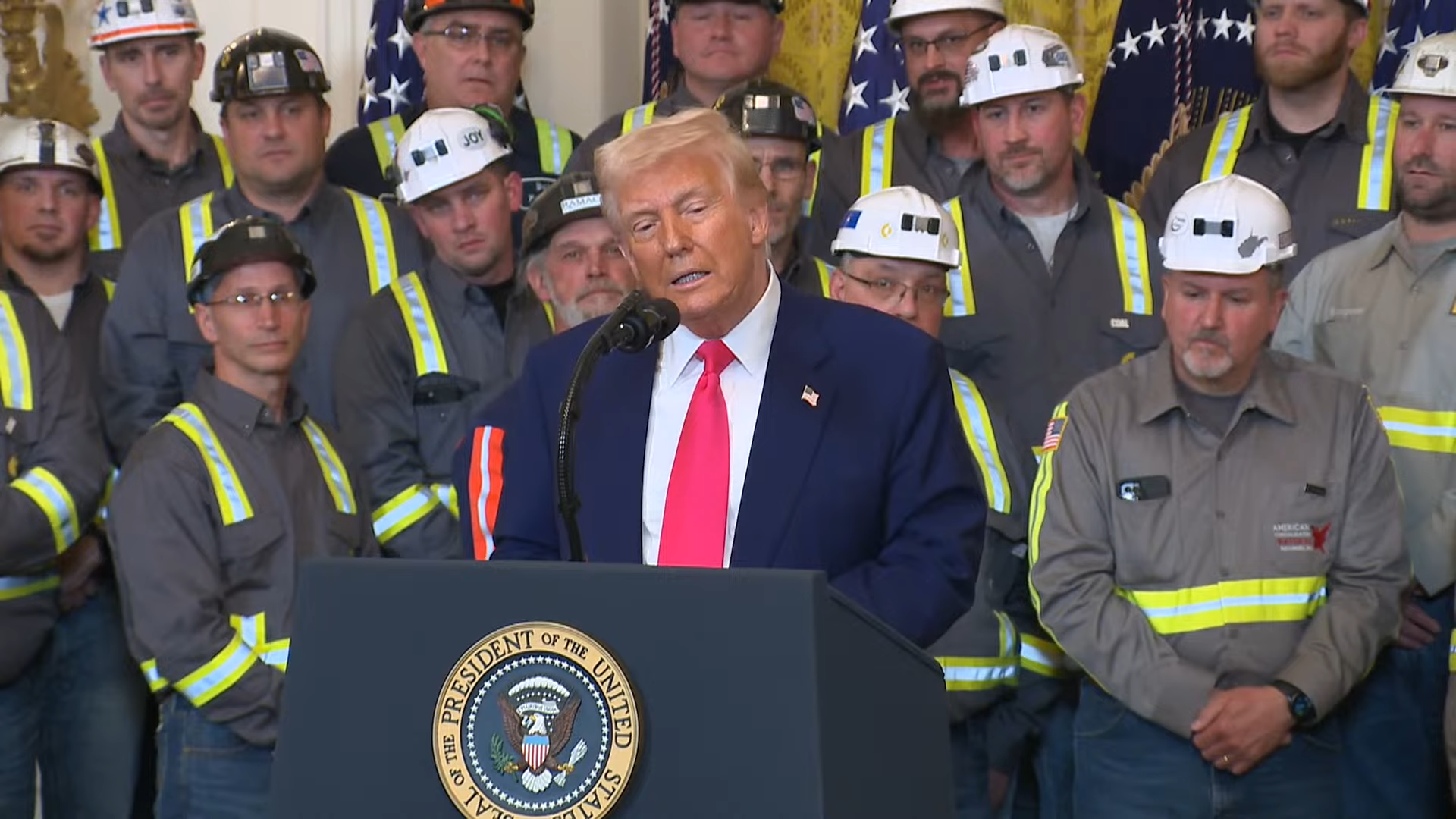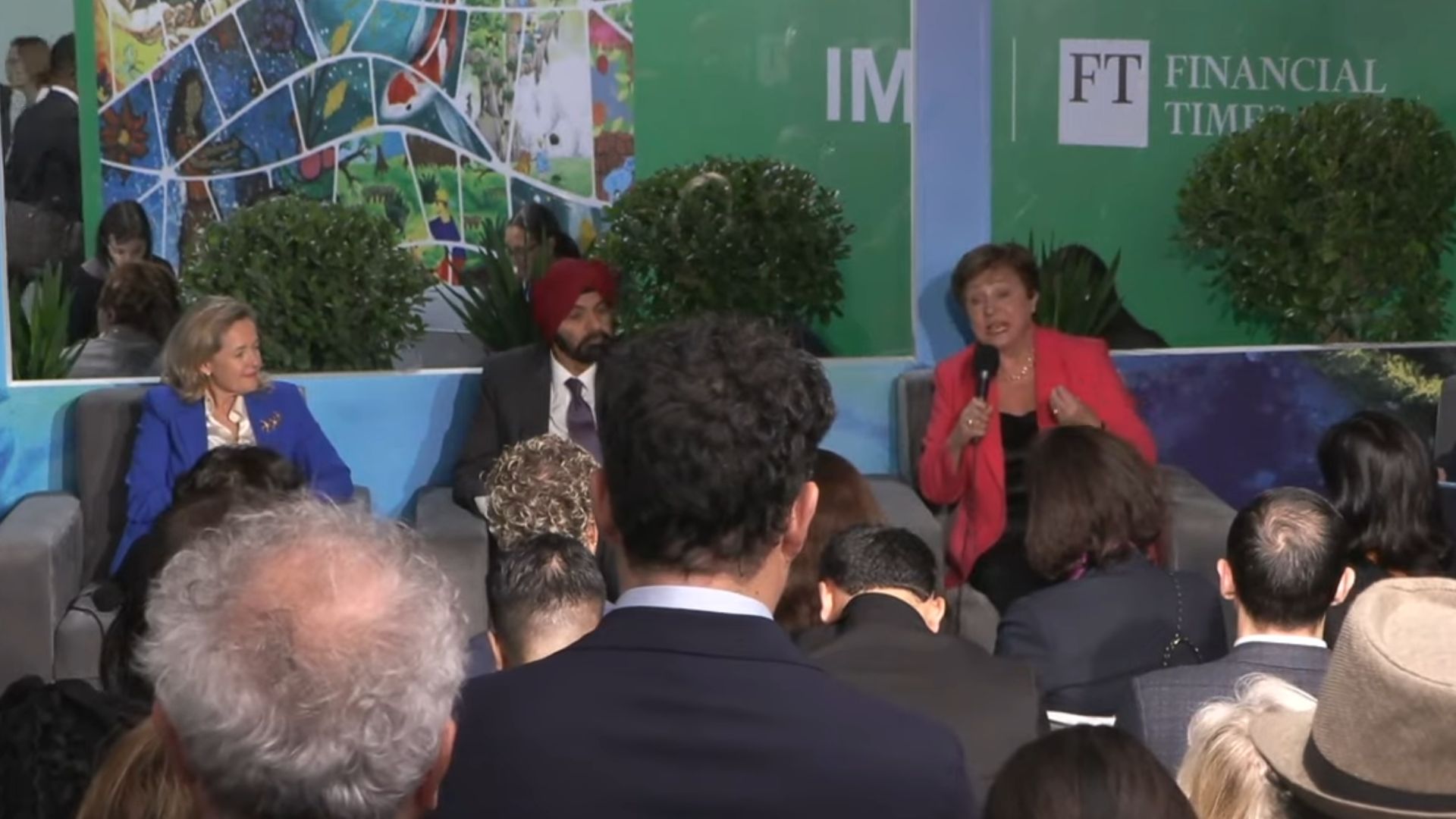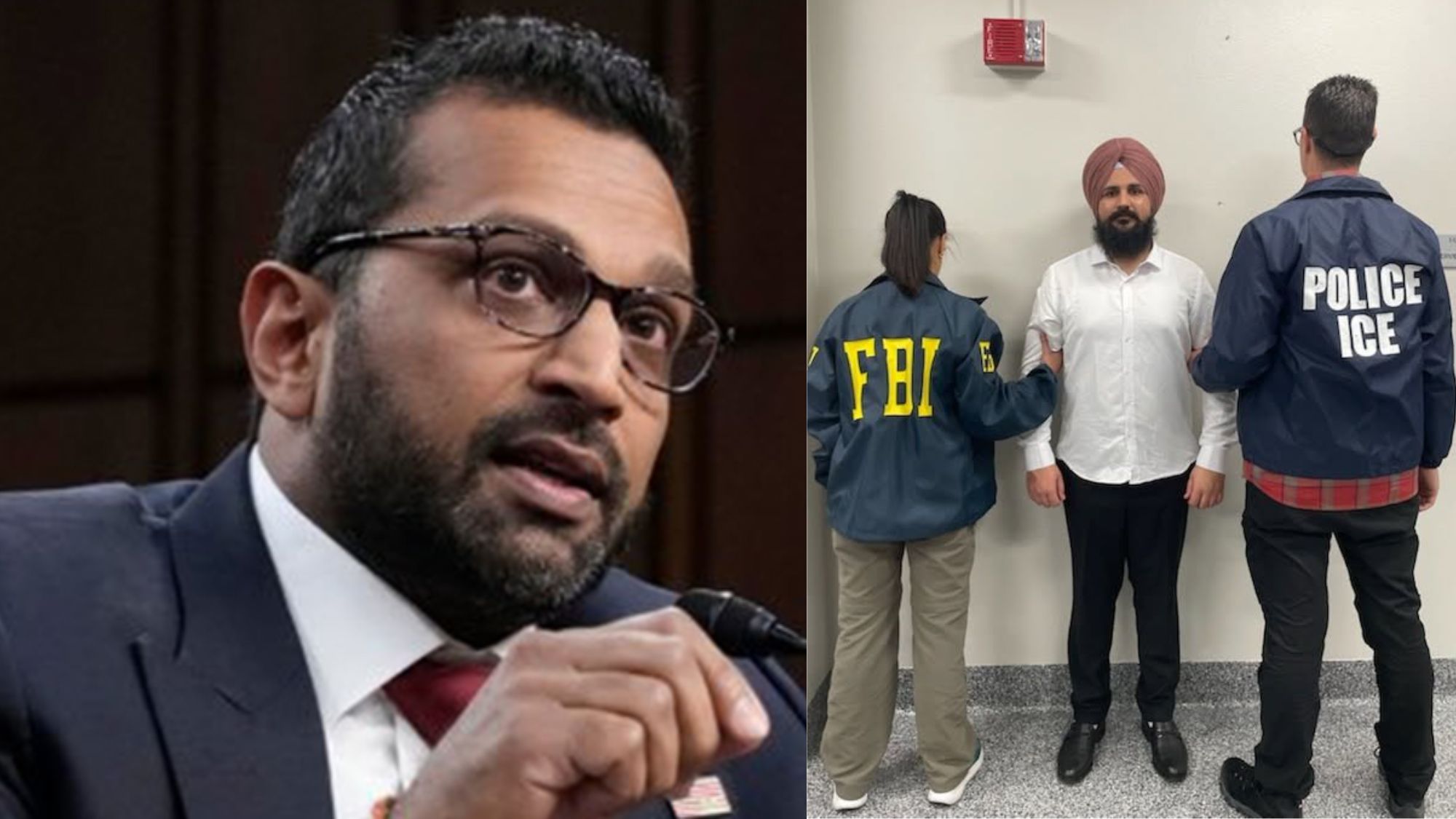PALM BEACH, Fla. (Diya TV) — In a dramatic shift on U.S. trade policy, President Donald Trump on Tuesday announced a 90-day pause on all reciprocal tariffs—except those targeting China, which he raised to 125%. The move marks a rare softening of Trump’s long-standing hardline trade stance, even as tensions with Beijing continue to escalate.
In a statement posted on Truth Social, Trump said the tariff hike on China was in direct response to Beijing’s “lack of respect” for global markets. “At some point, hopefully soon, China will realize that the days of ripping off the U.S.A. and other countries are no longer sustainable or acceptable,” Trump wrote.
The new tariffs on Chinese imports, up from 104% to 125%, took effect immediately following China’s announcement of retaliatory tariffs of up to 84% on U.S. goods, which are expected to take effect Thursday, according to China’s State Council Tariff Commission.
Trump simultaneously extended an olive branch to other trade partners by pausing reciprocal tariffs and temporarily reducing them to a universal 10% rate. “Based on the fact that more than 75 countries have not retaliated… I have authorized a 90-day PAUSE,” Trump said in the same post. Notably, Mexico and Canada will remain exempt from the pause. Goods from both countries will continue to be taxed at 25%, unless covered under the US-Mexico-Canada Agreement (USMCA), a White House official told CNN.
The announcement sent financial markets soaring. The Dow Jones Industrial Average jumped nearly 3,000 points—or 7.87%—while the S&P 500 and Nasdaq saw gains of 9.5% and 12.2%, respectively. It marked the best day for the S&P 500 since October 2008 and the second-best day ever for the Nasdaq.
Just hours before the market rally, Trump posted, “THIS IS A GREAT TIME TO BUY!!!” and signed the message “DJT,” referencing Trump Media & Technology Group, the parent of Truth Social. Shares of DJT rose more than 20% following the tariff pause announcement.
The policy shift came after internal pressure from Trump allies. Treasury Secretary Scott Bessent, who traveled to Mar-a-Lago last weekend to discuss strategy with Trump, said the move was “his strategy all along.” Speaking alongside Commerce Secretary Howard Lutnick, Bessent emphasized Trump’s direct involvement in future trade negotiations: “No one creates leverage for himself like President Trump.”
However, not everyone within the administration was looped in. U.S. Trade Representative Jamieson Greer testified before Congress that he learned of the tariff pause only after Trump’s public post, though he admitted he was aware that such a shift was being considered.
Bessent explained that the pause aims to encourage countries not to retaliate and to come to the negotiating table. “Do not retaliate and you will be rewarded,” he said. Talks are already underway with countries including Vietnam, he added.
Economists warn the reprieve may offer only temporary relief. Joe Brusuelas, chief economist at RSM US, told CNN the U.S. economy remains vulnerable. “I sense that the economy is still likely to fall into recession, given the level of simultaneous shocks,” he said.
Goldman Sachs analysts slightly eased their outlook, downgrading the probability of a recession in the next 12 months from a “base case” to 45%.
Jake Colvin, president of the National Foreign Trade Council, called the pause “a step in the right direction,” but noted it still leaves in place high tariffs on key sectors. “Let’s not celebrate the fact that it still seems to leave in place a new baseline of 10% tariffs on most countries, plus significant levies on China, steel and aluminum, and autos,” he said.
China, for its part, remains defiant. “The U.S. escalation of tariffs on China is a mistake upon mistake,” China’s State Council Tariff Commission said in a statement, warning of continued economic retaliation.




